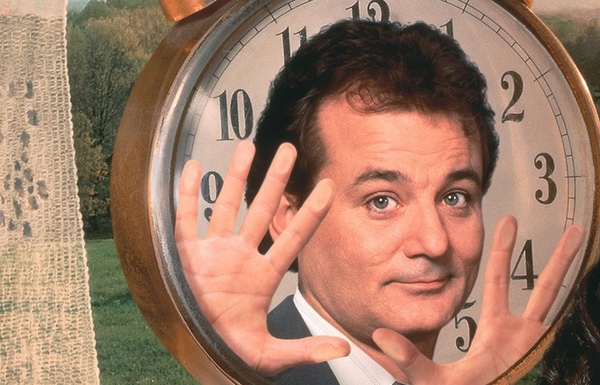
We live in a highly uncertain world. The escalation of populist far-right politics, the largest migrant crisis of the 21st century and the increase in domestic terror attacks can make us feel like everything is spinning out of control. Nevertheless, if history has taught us anything, it is in our darkest times that the scope of human resilience reveals itself to show no bounds. It may look bad now, but the past shows that we have been through much, much worse.
This is where popular culture, and more specifically, cinema, can act as a signpost for the difficult times ahead. In depicting people showing their best sides despite the worst of circumstances, it can act as an inspiration for us to be better people and to never give up the fight for what we truly believe in.
The selection below, ranging from personal and specific struggles to collective political efforts, has been chosen as both a balm for the pain and a tonic for the anxiety, showing that no matter how bad things may seem, there is always a better future ahead. By looking at past efforts that show the perseverance of the human spirit no matter the situation, we can dream of a more tolerant, caring and stronger tomorrow.
Spoilers for the following films below. Be warned.
1. To Be Or Not To Be (Ernst Lubitsch, 1942)
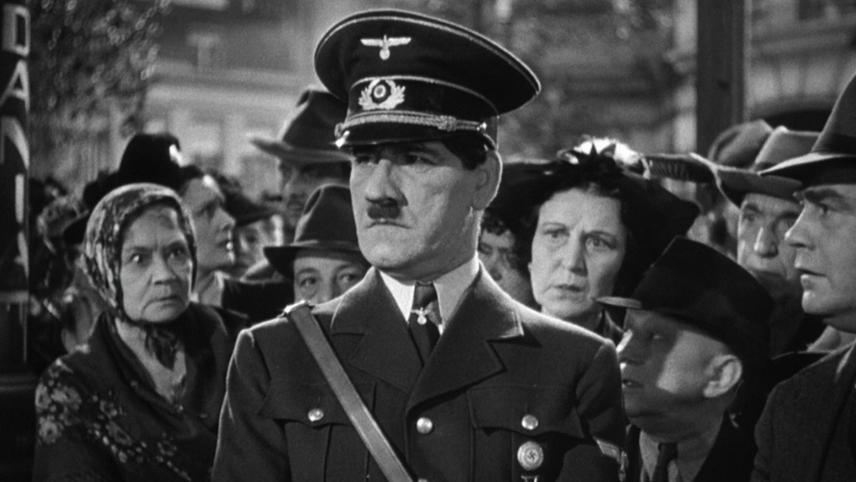
Made as the world was engaging in its most horrific and impactful conflict, To Be Or Not To Be — in a trend that also includes The Great Dictator and Life is Beautiful — uses comedy in order to both critique the hypocrisy of fascism and work as a rallying cry for basic human compassion and decency. It concerns a troupe of Polish actors who find their city occupied by Nazis, only to use the skills they learned in the theatre to prevent their dastardly schemes.
Carole Lombard — whose incredibly promising career was cut tragically short at the age of thirty-three — steals the show here, developing those comic chops she so expertly honed in My Man Godfrey into something even larger. In a crucial scene she is invited to join the Nazis, to which she replies, she might, but “what about my conscience?”
It is the delivery of this line, composed with expertly false feminine naïvety, that expertly deconstructs the problem of the Nazi cause and straightforwardly warns everyday folk that we always have a choice when it comes to either resisting or joining autocracies in their freedom-restricting regimes.
What’s also so effective about the movie, is that despite its heady message of resisting fascism, much of the time is dedicated to petty squabbles to jealously, infidelity and vanity. It reminds one that despite what happens in this world, everyday concerns will accompany us throughout. It is by being able to distinguish between selfishness and selflessness that we will define ourselves in the years to come.
To Be Or Not To Be, as well as being rip-roaring hilarious, makes one feel better about the future by seeing how the seemingly innocuous efforts of everyday people can be the almighty difference between hope and despair.
2. The Shawshank Redemption (Frank Darabont, 1994)
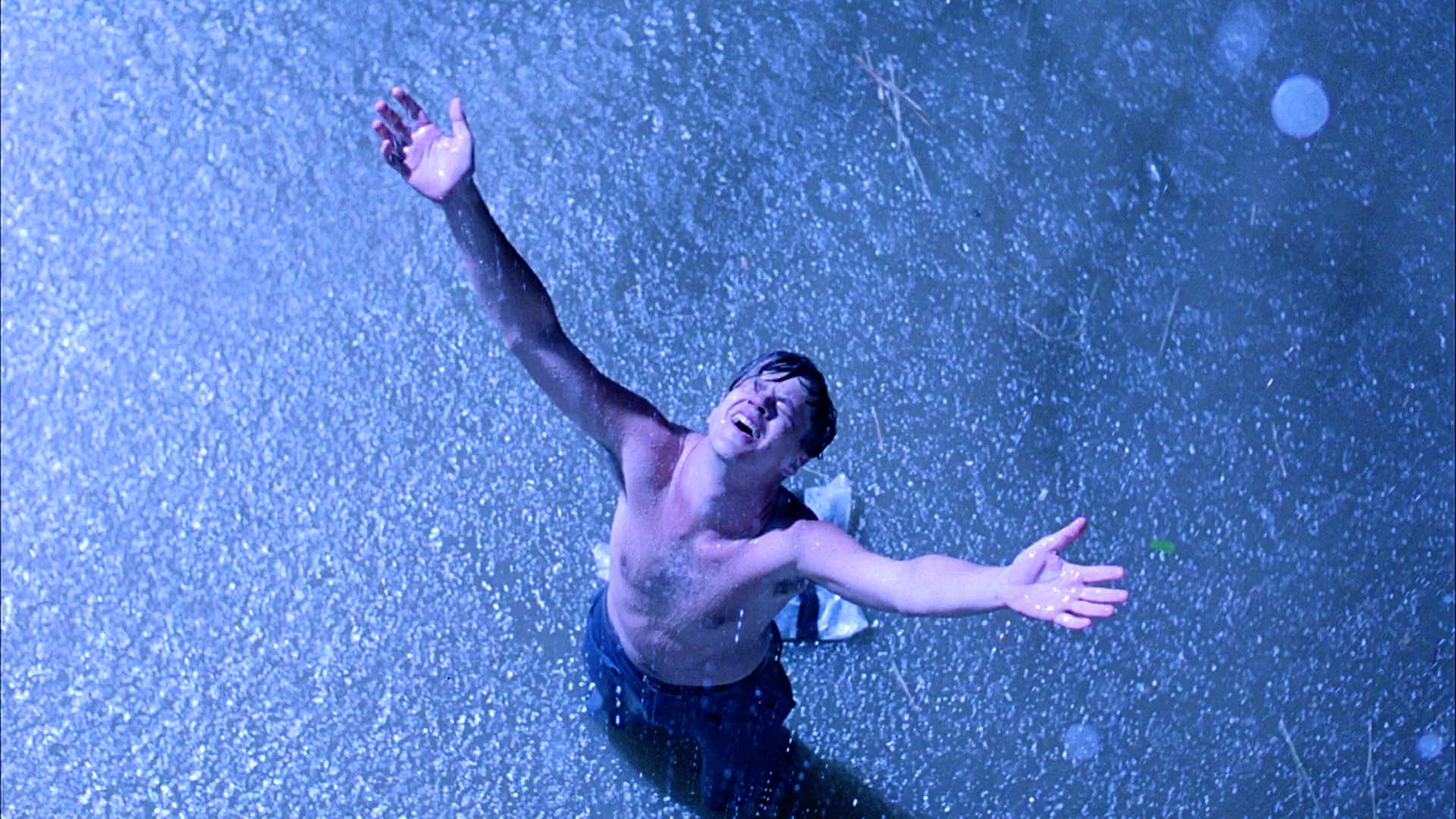
There is a reason The Shawshank Redemption is rated the greatest film of all time on IMDB. It is not so much to do with Tim Robbin’s or Morgan Freeman’s masterful performances, or the excellent cinematography by Roger Deakins. Rather it is about the message at its very core: no matter what life throws at you — here represented as receiving a life sentence in prison — there is always a way to make the most of it.
When Andy Dufresne finds himself in prison, and others predict he might crack under despair, he is oddly unperturbed. Instead, he gets himself right down to work, using the opportunity of hacking the prison system not only to plan his epic escape, but to ensure that when he does escape he can also guarantee himself a rich and plentiful life.
It does this so well by not being afraid to depict the awful nature of Shawshank prison — with suicide, murder and rape lurking around every corner. This is a necessary depiction in order to make Dufresne’s final escape that much more satisfying.
Additionally, who can forget the scene when he makes it into the wardens office, only to play an aria over the entire facility that reminds all the prisoners that they are in fact not merely statistics in an unfair and racially biased institution, but human beings, worthy of respect and being treated with dignity. It is an iconic scene that cements it as one of the greatest popular entertainments of all time.
3. Interstellar (Christopher Nolan, 2014)
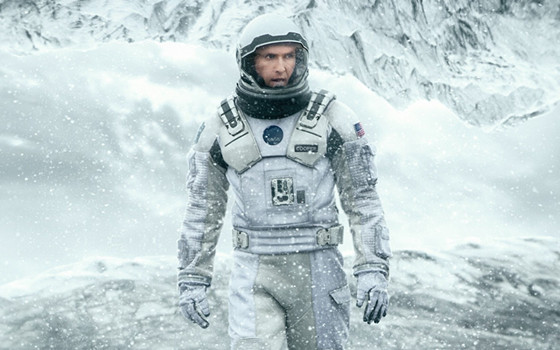
The world found at the beginning of Interstellar could hardly be bleaker. The world’s resources have all but run out, making the extinction of the human race a likely possibility. The only hope is searching the universe for a more hospitable land. Matthew McConaughey, in one of his best performances, stars as a spaceman who must give up spending his life with his children in order to ensure that they have a better future.
The allegorical aspect to this film is clear. It is up to the inhabitants of the world today to think about what they are doing to the environment in order to ensure that their descendants can have a prosperous tomorrow. Interstellar, with its puzzle plot, themes of love, and soaring score, works as a testament to the power of human perseverance in overcoming seemingly overwhelming circumstances.
The only true limit, it argues, is our imagination. Going from such a bleak beginning to such an optimistic ending shows the film to be one of the best demonstrations in recent years of cinema acting as a tool of social instruction.
Interstellar may seem like a mere science-fiction movie, but with Elon Musk stating we are only years away from colonising Mars, the possibility of continuing human life on a different planet may be able to turn into a true reality.
4. Schindler’s List (Steven Spielberg, 1993)
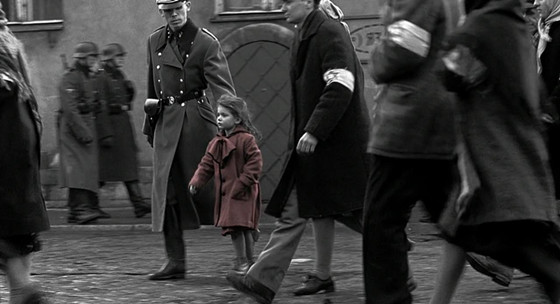
One of the main arguments against films depicting the Holocaust are, given the severity and scale of the human catastrophe involved, that they shouldn’t be turned into easy-to-consume entertainments.
Many of these criticisms have been levelled against Schindler’s List itself, with its Spielbergification of misery meaning that there are a few unnecessarily corny touches arguably unsuitable for a film of this gravity. Nonetheless, where Schindler’s List can be shown to succeed is not in depicting the story of the worst genocide in human history but in showing those who survived due to the goodness of one man.
Oscar Schindler, a real-life historical figure, was that man. By using his clout as an industrialist and a member of the Nazi party, he managed to save the lives of over 1200 jews who were otherwise surely headed for death. He needn’t have gotten involved. He could have done the same as nearly everyone else and simply followed orders. Yet, he risked his own neck in order to save others.
Schindler’s List succeeds in this respect by not shirking away in showing the absolute horrors of genocide, dedicating long passages to the destruction caused by the Nazis. It is from this carefully composed atmosphere of death and horror that the story of Oscar Schindler is told, showing everyone that no matter how dire it seems, there is always the opportunity to do what is right.
5. Things To Come (Mia Hansen Løve, 2016)

Isabelle Huppert confirmed to the world that she was the greatest actress of her generation with her performance in Things To Come, playing a very specific type of Parisian philosophy professor, who upon facing her husband is leaving her, her mother getting more and more sick, and her professional life going into decline, takes it head on and achieves a very human type of personal victory.
Huppert’s performance is a revelation. Whilst most actresses would go for a certain type, Huppert— replete with hyper-attuned eye-rolls, shrugs and sighs — creates a completely original character that is worthy of any current award going. What adds to her success is Mia Hansen Løve’s perceptive script that makes use of an elliptical, far-ranging narrative in order to fully contemplate a life going through a period of intense transition.
The title and the philosophical import of the movie shows that whilst we may not know what will happen in the future, our attitude towards it could be the difference between living a happy or unhappy life. If this makes the movie seem melancholy, you’ll be pleased to know that it is also full of funny moments, making it a slice-of-life drama which cuts close to the bone in the most cathartic kind of way.